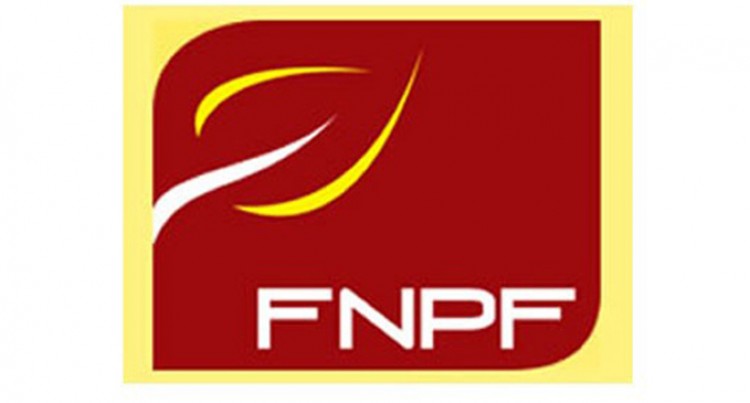
Fijians working in New Zealand under the Recognised Seasonal Employees (RSE) scheme will now be able to contribute towards their retirement funds.
This, after the signing of a deal between the Fiji National Provident Fund (FNPF) and Appello Services Limited (ASL) of New Zealand.
The partnership will facilitate the seamless payment of retirement savings contributions for Fiji nationals currently employed under the RSE scheme into their FNPF accounts.
FNPF chief executive officer Viliame Vodonaivalu said the partnership with ASL was another milestone for the fund, especially in its efforts to secure the future of all Fijians.
“As part of the Fund’s strategic initiative to continuously serve and meet the demand of our members, today marks the fund’s ongoing efforts to expand its membership base,” he said.
“This partnership targets Fiji seasonal workers in NZ enabling them to use payroll deductions to continually contribute directly to their FNPF through ASL’s Seasonal Worker Superannuation Administration System (SWSAS) which will facilitate the direct payment of contributions to the fund.
“We’ve heard of the success of this SWSAS payment facilitation through ASL in other regional countries and we were keen to get on board because we want our workers to return to a future that is financially stable.
“The fund acknowledges the support of the Fiji Government through the Ministry of Employment, Productivity and Workplace Relations and the Fiji High Commission in Wellington.”
Apello Services Ltd managing director Craig Nodder said based on the success
they’ve had in other countries and looking at the Fijian workers engaged in New Zealand, ‘’it’s clear that with the right support and education, we can make a significant impact.
“Contributions that come from the workers in New Zealand and Australia are voluntary and require the goodwill of the employer and the willingness of the worker,” he said.
“One of the strengths of the Seasonal Workers Superannuation Administration System (SWASS) is its administrative nature, making it easier for employers, regardless of their workers’ nationality as it simplifies the process with just two deductions to agree to, which is a tremendous benefit.”